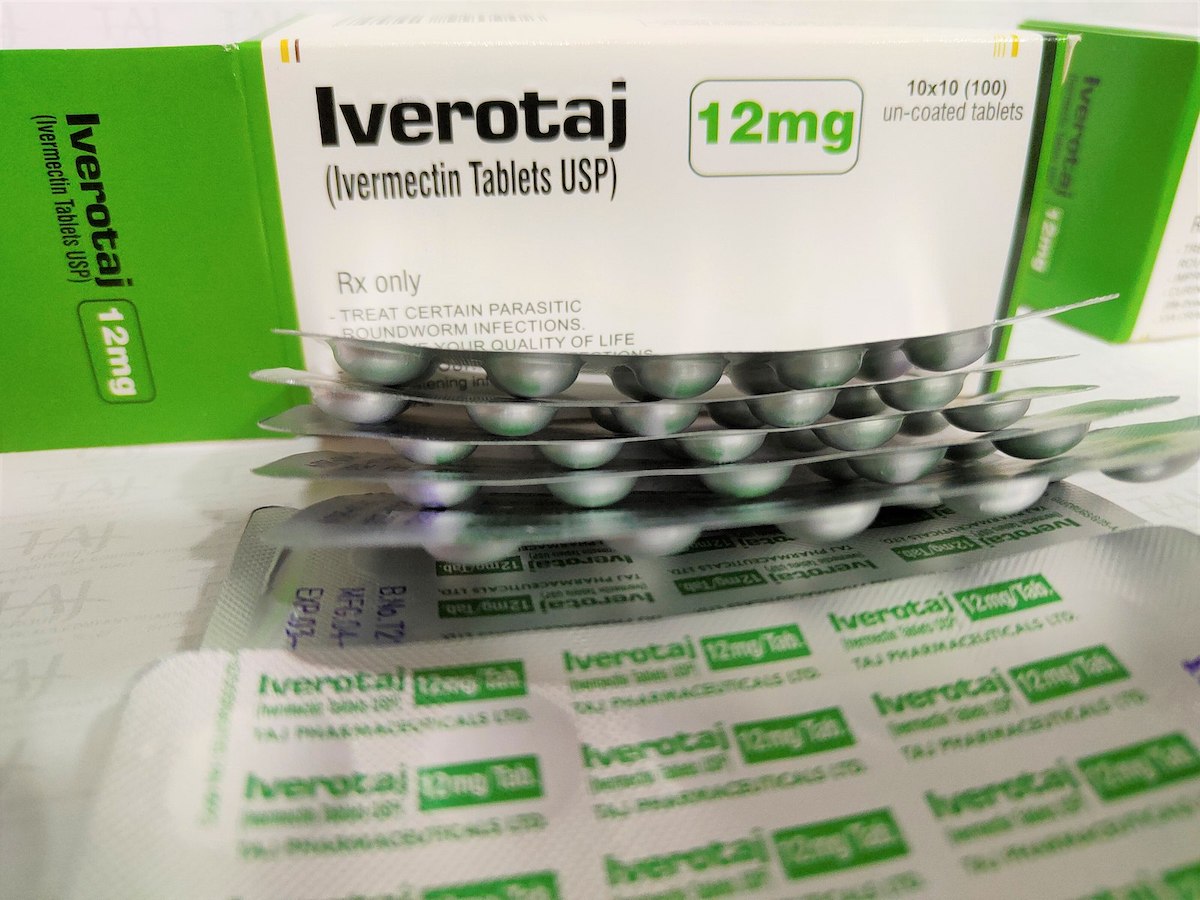COVID Fact vs. Fiction: Alternative Treatment Ivermectin
What We Know and Don’t Know About the Most Hotly Debated Coronavirus Topics

There is a flood of new COVID-19 information available online and on social media every day, and not all of it is reliable. In this series, the Independent will try to separate common COVID myths and misconceptions from truth using information from the Santa Barbara County Public Health Department, Centers for Disease Control and Prevention (CDC), and World Health Organization, as well as studies from Johns Hopkins and Yale.
COVID has become a deep-seated part of everyday life. It’s no surprise that the uncertainty and sheer amount of cases have sent people searching for anything that could help prevent and treat symptoms of the virus.
With a segment of the population still hesitant to get vaccinated — the latest numbers estimate 26.1 percent of eligible residents in the county have yet to receive any vaccine — some unconventional treatments have popped up on the internet.
In the beginning, it was the anti-malaria drug hydroxychloroquine, which former President Donald Trump touted as potentially effective in treating COVID. According to a study published by the National Institutes of Health in November 2020, “hydroxychloroquine was unlikely to offer any benefit” in treating patients hospitalized with COVID.
The latest unorthodox “antidote” to make the rounds is ivermectin, an antiparasitic drug intended to be used for horses, cows, and sheep when the animals are experiencing issues with worms.
The drug’s popularity grew after some doctors in South Africa — desperate for anything to alleviate the crisis in the country, and against warnings from the South African Health Products Regulatory Authority (SAHPRA) condemning its use — began prescribing it to COVID patients, claiming anecdotal evidence that the drug could help patients with the virus.
The word spread, driving the drug’s price up from $5 per tablet to as much as $34 per tablet on the country’s black market. Sales of veterinary forms prescribing the drug have also skyrocketed.
The drug is not approved by the U.S. Food and Drug Administration for treating COVID in humans, and according to the FDA website, it can cause serious harm if ingested without a prescription. An overdose of ivermectin can cause nausea, vomiting, diarrhea, hypotension (low blood pressure), allergic reactions (itching and hives), dizziness, ataxia (problems with balance), seizures, coma, and even death.
“There seems to be a growing interest in a drug called ivermectin to treat humans with COVID-19,” the FDA website says. “Ivermectin is often used in the U.S. to treat or prevent parasites in animals. The FDA has received multiple reports of patients who have required medical support and been hospitalized after self-medicating with ivermectin intended for horses.”
Sign up for Indy Today to receive fresh news from Independent.com, in your inbox, every morning.
Numerous social media posts encourage the purchase of the ivermectin paste, which was never intended for human ingestion, and some are even shown eating unmeasured doses on video.
Village Veterinary Clinic Doctor of Veterinary Medicine Connie Ganter said she’s surprised to see the antiparasitic drug go viral on the internet, since it was never intended for use against the virus.
“There’s no proof that it does anything with COVID,” Ganter said. “There’s no proof that ivermectin works.” She added that even with animals, doses are measured precisely in milligrams depending on their size, and she would never prescribe it to an animal unless it was necessary.
Any drug used inappropriately, she said, could have adverse effects. “If they take the wrong dose, it could be bad.”
The differences between the ivermectin prescribed to animals and the tablets sometimes prescribed to humans — at very specific doses for some parasitic worms — are a higher concentration in the levels found in the version intended for horses and fewer regulations in the inactive products that may not be safe for humans.
Merck, the drug’s manufacturer, also released a statement warning against using it for COVID infections. The company found “no scientific basis for a potential therapeutic effect against COVID-19,” and a “concerning lack of safety data in the majority of studies,” that claim it could be effective.
The bottom line, according to the FDA, is that ivermectin is not an antiviral — a drug for treating viruses — and taking large doses of this drug is dangerous and can cause serious harm.
Health officials at the county, state, and federal level agree that the most effective ways to prevent infection and spread of the coronavirus are vaccinations, masks, and social-distancing measures. If you are feeling sick, stay home and isolate yourself until symptoms subside. For more info, visit countyofsb.org/phd.
At the Santa Barbara Independent, our staff continues to cover every aspect of the COVID-19 pandemic. Support the important work we do by making a


